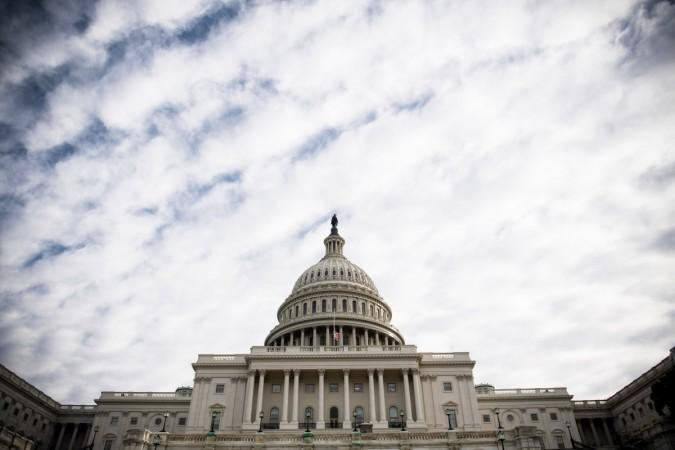
With funding for roughly a quarter of the US government, including appropriations for the Departments of Homeland Security and Justice expiring at midnight, a partial shutdown of the federal administration began on Saturday after the Congress and the White House failed to reach a deal.
Both the US House of Representatives and the Senate adjourned after Senate Majority Whip John Cornyn, a Texas Republican, said there would not be a vote late on Friday in the Senate, the CNN reported.
This is the first time in 40 years that the government has been closed three times in a year. It took effect after US lawmakers failed to break a budget impasse.
It means the departments of Transportation, Agriculture, State, Housing and Urban Development will begin to shutdown and federal national parks and forests will also be close, the BBC said.
Hundreds of thousands of federal employees will have to work unpaid or be put on temporary leave, the report said.
On Friday afternoon, Vice President Mike Pence, budget director Mick Mulvaney and President Donald Trump's son-in-law, Jared Kushner, all arrived on Capitol Hill, where they remained into the evening.
Shortly thereafter, Republican Tennessee Republican Senator Bob Corker said on the Senate floor that an "understanding has been reached" that the Senate will not take any further votes related to the funding issue "until a global agreement has been reached between the President" and congressional leaders.
The procedural maneuver helps streamline the legislative process once a deal is reached, but no such deal had appeared publicly by the time Congress left for the night.
The legislation that had seemed all but certain to succeed earlier in the week was derailed on Thursday, when Trump said he would not sign the bill that had passed in the Senate.
The House on Thursday passed legislation that included Trump's request for $5 billion for a border wall, but it was clear on Friday that that demand did not have the votes needed to pass in the Senate, and was therefore not brought up for a vote -- creating more uncertainty on a path forward.
However, before they adjourned for the night, the Senate passed a bill to ensure federal employees who were furloughed get back pay. It was passed by unanimous consent, but still will need to pass the House, the CNN said.
The measure was brought up by Senators Chris Van Hollen and Ben Cardin, who represent Maryland, where many DC area federal employees live.
Trump earlier in the day predicted the government would shut down -- and looked to place the blame on Democrats. "The chances are probably very good" that there is a shutdown, Trump told reporters on Friday afternoon while at a White House signing ceremony for bipartisan criminal justice reform legislation.
"It's really the Democrat shutdown, because we've done our thing," Trump continued. "Now it's up to the Democrats as to whether we have a shutdown tonight. I hope we don't, but we're totally prepared for a very long shutdown."
On Wednesday, a stopgap spending bill was passed in order to keep federal agencies open until February 8, but the agreement did not include funding for Trump's wall.
US stocks tanked on Friday as investors digested the latest economic data and the fact that the government was on the verge of a partial shutdown.

















